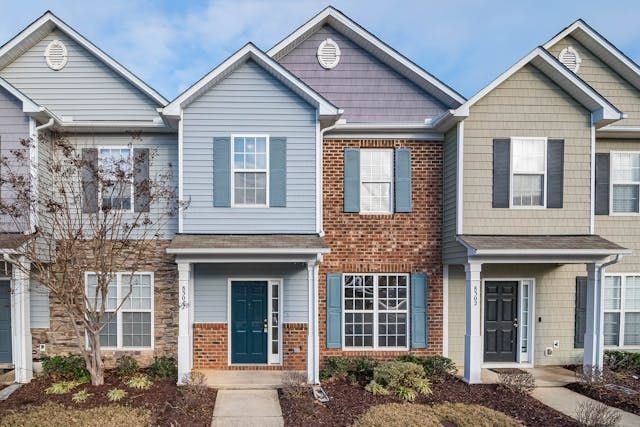Be on the Lookout for SB-842
CAA-sponsored funding bill for landlords: SB-842
June 15, 2022
After unanimously passing the Senate, a CAA-sponsored bill that would offer financial relief to landlords deprived of COVID-19 emergency rental assistance has passed its first committee hearing in the state Assembly. On Tuesday, SB 847 by Sen. Melissa Hurtado, D-Sanger, advanced from the Assembly Judiciary Committee with unanimous support. It next heads to the Housing and Community Development Committee.
SB 847 would provide state dollars to rental owners who’ve gone without rent and whose tenants either won’t cooperate in the COVID-19 Emergency Rental Assistance Program (ERAP) application process or don’t qualify for the assistance.
Under California’s COVID-19 eviction moratorium, tenants who failed to pay their rent were protected from eviction if they claimed a pandemic-related financial hardship. Many landlords have since learned that their nonpaying tenants continued to work or otherwise earn an income during the pandemic and don’t qualify for rental aid.
Debra Carlton, CAA’s executive vice president of state public affairs, said a significant number of owners still haven’t been paid for the housing they provided during the pandemic.
This bill does target those small owners by allowing them to apply first for any funding that is available. SB 847 will assist those owners and even those tenants who may not have understood how to apply for funding.”
Should SB 847 become law, landlords will need to provide evidence that they applied for help through ERAP and did not receive funding or have a civil judgment against the tenant who has not paid, or both.
This legislature aims to target the following issues:
(a)As of July 2021, more than 1,800,000 property owners were behind on their mortgages. Many of these property owners are landlords. When federal mortgage forbearance ends, these landlords may be forced to remove their rental units from the market and sell them in order to avoid foreclosure.
(b) The State Rental Assistance Program (program) provides rental assistance only for tenants who make less than or equal to 80 percent of the area median income. There are still many landlords with tenants who are behind on their rent and who will not qualify for any form of government rental assistance because they earned too much money to qualify for the program.
(c) Although the program accepted rental assistance applications beginning in 2021 and ending on March 31, 2022, payment to landlords and tenants, especially small landlords who are in desperate financial straits, has been untenably slow.
(d) Some tenants have claimed a COVID-19 hardship and yet do not qualify for rental assistance. Unfortunately, the COVID-19 Tenant Relief Act (CTRA) self-certification process allows only tenants to state their cases with no ability for landlords to challenge a self-certification of COVID-19-related financial distress, except in cases in which a landlord had previous documentation indicating that the tenant qualified as high income.
(e) Upon the expiration of CTRA, tenants with rental debt who do not qualify for the program may face civil judgments that will unnecessarily burden their financial stability.
(https://leginfo.legislature.ca.gov/faces/billCompareClient.xhtml?bill_id=202120220SB847&showamends=false)








